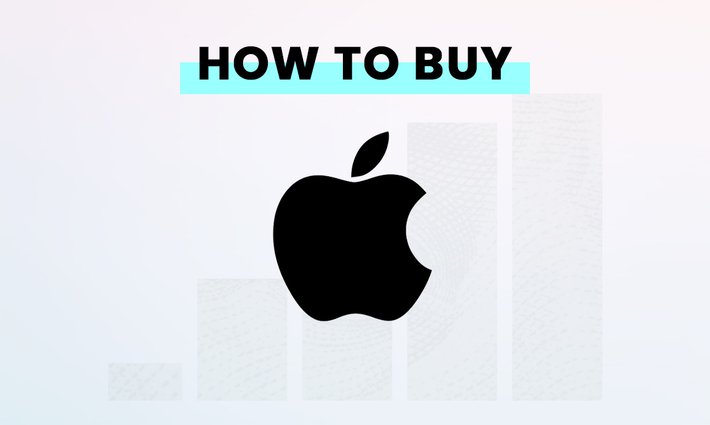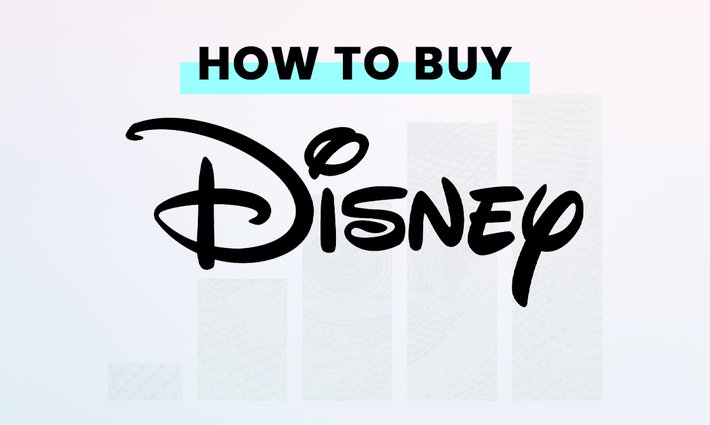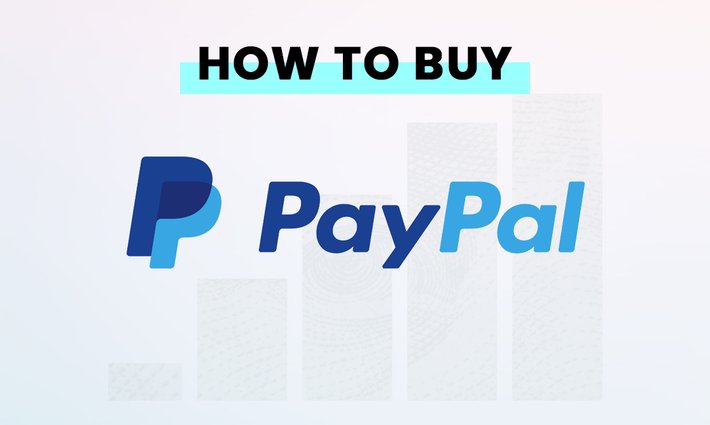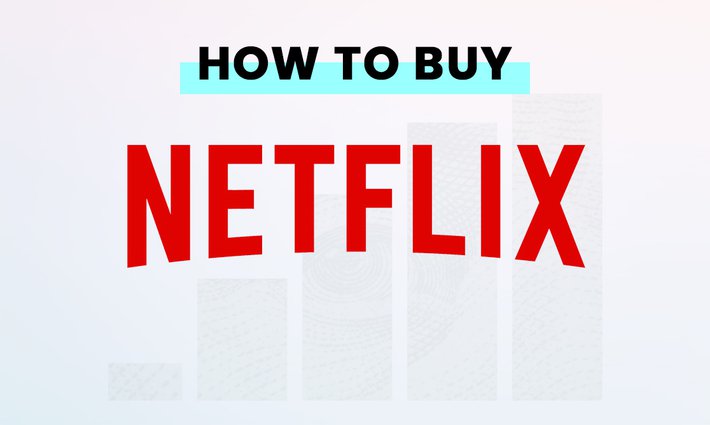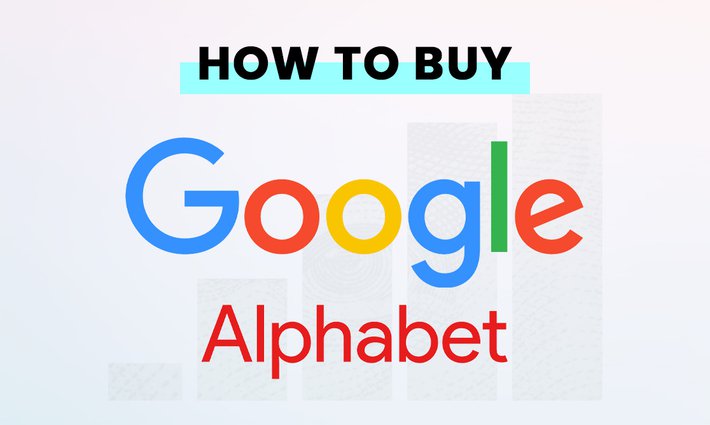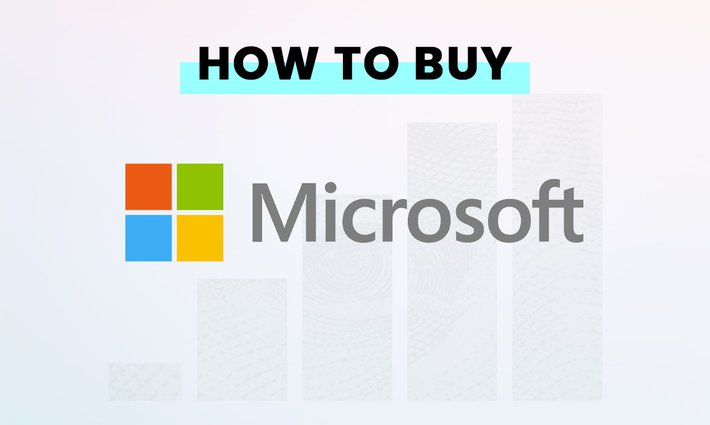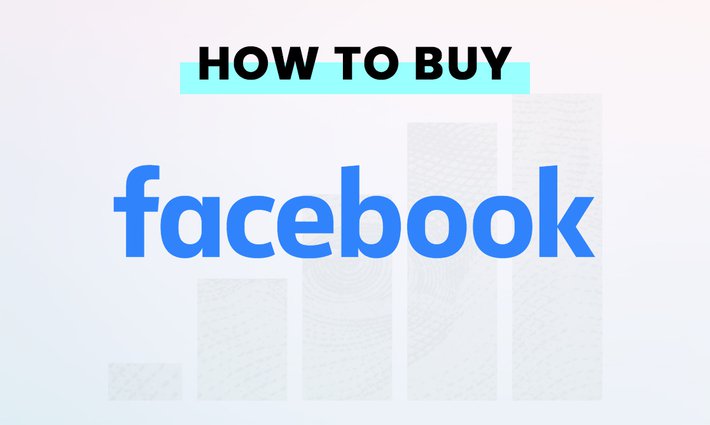Shares of a stock represent ownership units in a specific company. A share entitles the holder to one vote and a claim on the profits of that company. Companies issue shares of stock in order to generate money, known as capital, to grow or operate their business. As owners of the company, shareholders may get distributions of the company’s profits, known as dividends.
Typically, ownership of a company is distributed among multiple shareholders. When first made available to the public, shares or ownership units are sold in an IPO or initial public offering. After the IPO, the shares may be bought and sold on an exchange.
How are shares purchased or sold?
The shares of large companies trade on large, public stock exchanges, such as the NY Stock Exchange (NYSE) or NASDAQ market which trade millions of shares daily. Trading occurs electronically, with buyers and sellers submitting the price at which they would buy and sell. When there is a price match, a transaction occurs.
Smaller companies with lower market capitalization do not trade on an exchange. Rather, they trade over-the-counter, also known as the OTC market, which is a network of brokers and dealers that are willing to transact on their own or a clients behalf. OTC markets are generally less liquid than public exchanges, with relatively lower daily share volume.
What is a broker?
A broker is a firm that acts as a middleman between an investor and an exchange. Brokers facilitate the trading of shares by executing on behalf of their clients. When you open a brokerage account with a company, that company will buy or sell shares based on your instructions and hold them on your behalf.
Why are shares bought?
Generally, when someone invests in a company, they are making a bet on the long-term growth in the company’s profits, and therefore its share price. When shareholders are able to sell their shares for a higher price than which they bought it, they generate a positive return. Shareholders may also buy stocks for the dividend income they receive, although dividends are a small fraction of a share price.
In some cases, investors buy shares because they believe there will be news or an event which will cause the stock price to rise over a short period of time. This is generally considered trading rather than investing.
Why are shares sold?
Shareholders may sell shares they own if they believe the company will no longer be as profitable or if they have specific concerns about the company’s ability to generate a profit due to market changes or specific events.
What is a portfolio?
A portfolio is a basket of shares in different stocks. Portfolios are one way to diversify your risk, meaning you do not have to rely on any one company to be successful in order to generate a profit. If you have shares of three different companies, and prices of two of them are rising and one is falling, your account will be less volatile and you will not have to rely on any one company to do well in order to generate a positive return.
What is day trading?
Daytrading is a short-term strategy that entails the buying and selling of shares to generate profits based on small movements in price. This can be risky as daytraders need to transact quickly and often in order to generate profits, which can incur significant transaction charges and leave them at risk of market movement so that they lose money.
What is passive investing?
It is difficult to time your trades in order to “beat the market”. Passive investing is a strategy in which investors purchase a diversified mix of stocks or funds based on their risk tolerance in order to generate the same returns as the market. Some brokerages offer robo-advisory services which use passive investing. After understanding your investor preferences and risk tolerance, your portfolio is automatically invested in a basket of ETFs or stocks according to your goals. This is a good option for novice investors who are unfamiliar with the market.
What to look for in an online trading platform
Online trading platforms are companies that, through their website or an app, allow investors to trade stocks and other assets.
The key things that you should look for in a trading platform are:
Tradable assets. There are a wide variety of assets that you can invest in, including stocks, ETFs, mutual funds, options, bonds, and cryptocurrencies, each with its own set of risks and benefits. What assets does the platform allow you to trade? Some platforms only allow for trading of stocks, while others offer a larger array of tradable assets. Check for geographic limits as well. If you want to trade international stocks, not all platforms will allow you to do so. The trading platform should have the ability to trade assets that you are interested in.
Fees. Trading platforms charge fees for each trade, with a flat fee typically ranging from $0 to $10. In some cases, there may be a per share fee, with a price charged for each share, usually up to a maximum amount. Exchanges may also charge additional fees which will then be passed on to you. There are other fees that may be incurred for inactivity, withdrawals, or going below an account minimum. Fees must always be disclosed by the broker so familarize yourself with the fee pricing before you sign up.
Minimum account balance. Although most trading platforms try to make it easy for anyone to open an account, some will have a required minimum balance in order to begin trading. There many be further penalties if at any time the value if your account goes below this amount.
Market data. All platforms will provide access to market pricing data, so you can check the price of stocks you;re interested in. In some cases, the data may be delayed by up to 15 minutes, so you may not have the actual current price, making it difficult to transact and know how the market is moving. Knowing if the pricing information is accurate to the minute or delayed by a few minutes is important when markets are volatile or when you want to trade quickly.
Margin trading. Margin is the ability to use borrowed money to buy shares. Some companies will allow you to use 2:1 margin, which means you can borrow the same amount you have on hand in order to buy shares. As an example if you have $1,000 in your account you can borrow another $1,000 from the brokerage and buy $2,000 worth of stock. Margin is risky, because if the value of your stock declines, your brokerage may require you to cover the decrease by making a margin call. As an example, if your initial $2,000 stock value decreases to $1,800 due to a price decline, the brokerage may issue a margin call for the $200 difference.
Research. Many brokers offer detailed research about different companies. This can come from their own analysts or from other, established companies. This research can be used to help understand the company you want to invest in and its outlook so you can decide whether it’s a viable investment for you.















